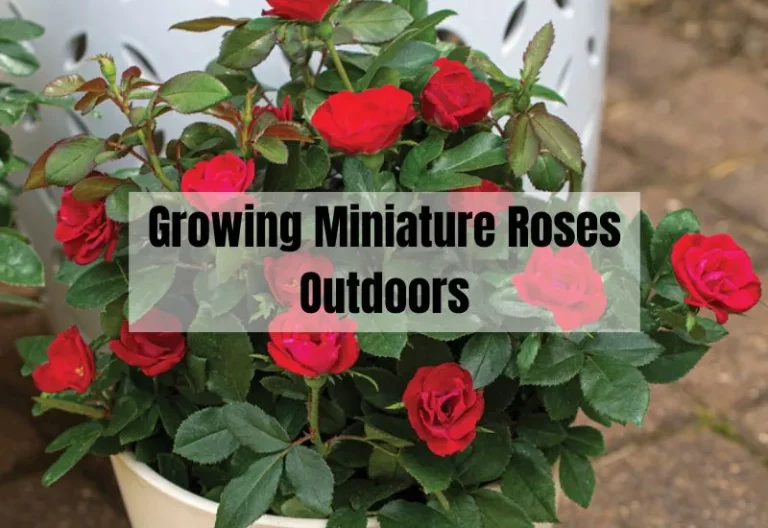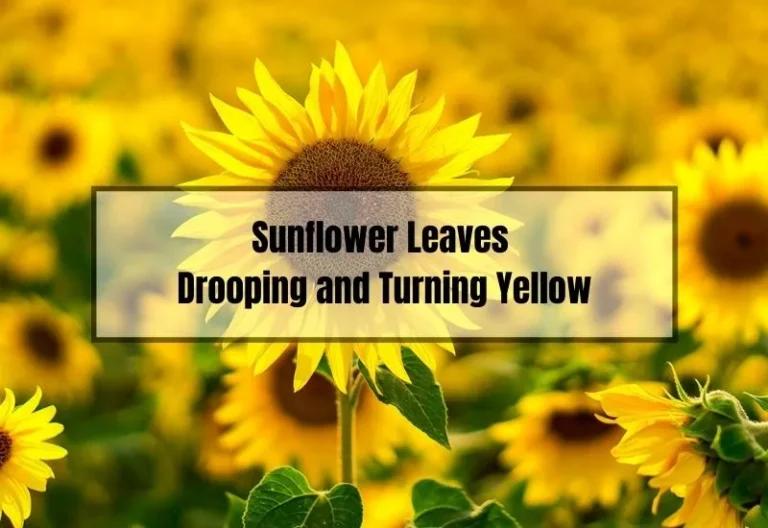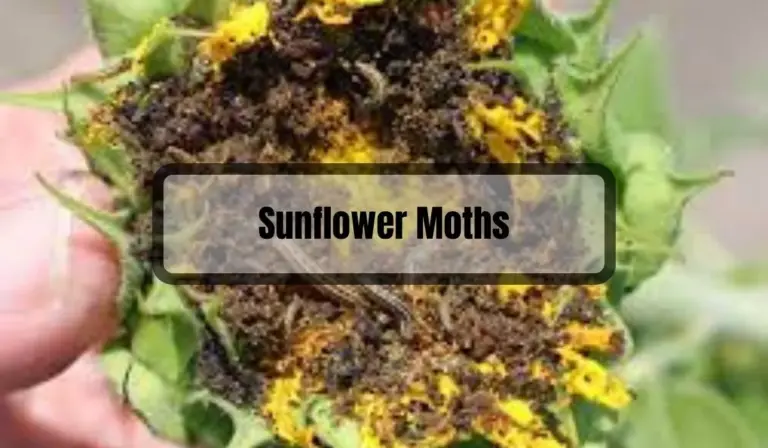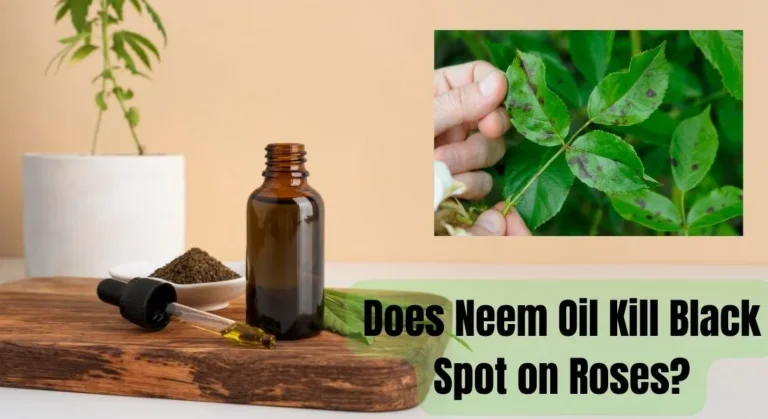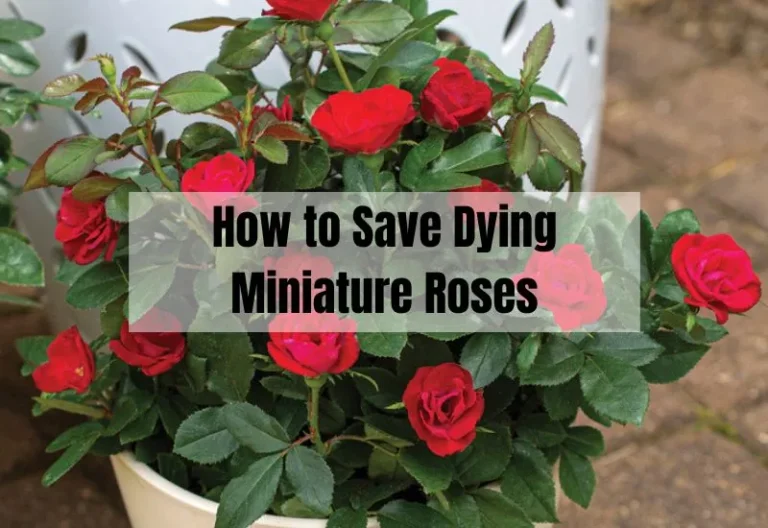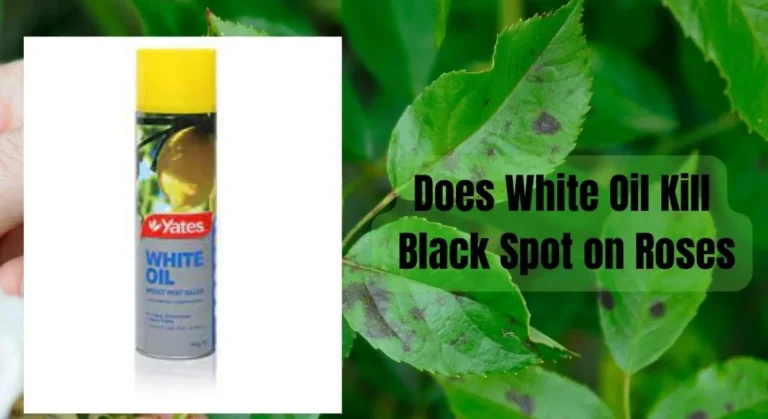Jeyes Fluid vs Bleach: Which is Better for Your Gardening Needs?
Are you looking for the best way to disinfect your outdoor spaces? If so, you’ve likely come across Jeyes Fluid and bleach as two common disinfectants used for cleaning patios, decks, and other outdoor areas. In this article, you’ll learn about Jeyes Fluid vs bleach and which one is better suited for your gardening needs.
Jeyes Fluid is a powerful cleaner that can kill bacteria, viruses, and fungi. It’s a popular disinfectant for cleaning outdoor spaces. Bleach, on the other hand, is a common household cleaner that can also be used for disinfecting outdoor spaces.
Although both products are effective at killing germs and bacteria, they have different properties and uses. In the following sections, we’ll compare the two products to help you choose the best one for your needs.
Key Takeaways
- Jeyes Fluid and bleach are both effective disinfectants for cleaning outdoor spaces.
- Jeyes Fluid is a powerful cleaner that can kill bacteria, viruses, and fungi, while bleach is a common household cleaner that can also be used for disinfecting outdoor spaces.
- When choosing between Jeyes Fluid vs bleach, consider the specific needs of your outdoor space and the type of surface you are cleaning.
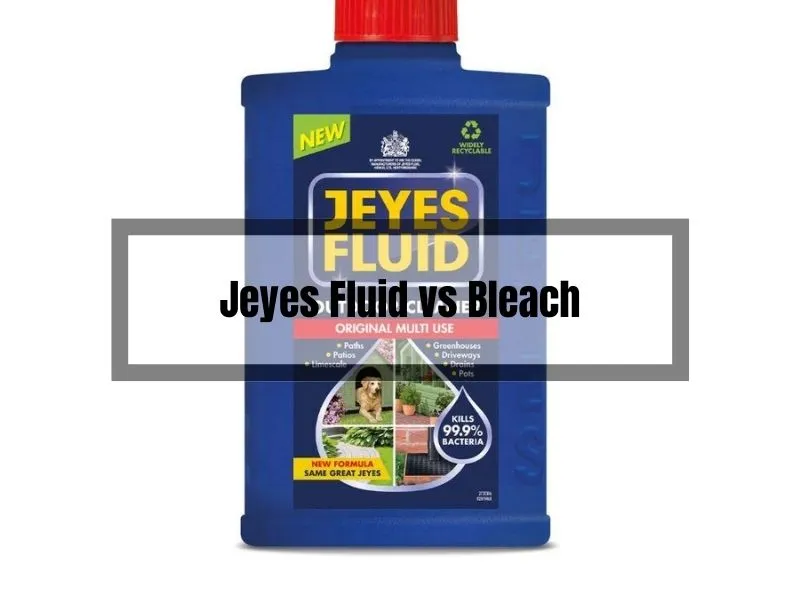
Jeyes Fluid
Jeyes Fluid is a powerful disinfectant fluid that is primarily used for outdoor cleaning tasks. It is effective at removing bacteria and can be used to clean paths, patios, greenhouses, driveways, and animal housing. Jeyes Fluid can also help to deodorize drains and clean water butts. It is even effective at killing avian flu.
However, it is important to use Jeyes Fluid with caution as it can be harmful to aquatic life and should never be used near ponds or waterways. When using Jeyes Fluid, it is important to always wear gloves and protective clothing.
Use it in a well-ventilated area and avoid inhaling the fumes. Do not use Jeyes Fluid on plants or in areas where food is prepared or stored.
Here are some key points to keep in mind when using Jeyes Fluid:
| Key Points |
|---|
| Always wear gloves and protective clothing when using Jeyes Fluid. |
| Do not use Jeyes Fluid near ponds or waterways as it can be harmful to aquatic life. |
| Use Jeyes Fluid in a well-ventilated area and avoid inhaling the fumes. |
| Do not use Jeyes Fluid on plants or in areas where food is prepared or stored. |
By following these guidelines, you can safely and effectively use Jeyes Fluid to clean and disinfect outdoor spaces.
Bleach
Bleach is a household disinfectant that is commonly used for cleaning tasks. It is known for its effectiveness in killing germs and removing stains. Bleach can be used to clean a variety of surfaces such as countertops, floors, and bathrooms.
One of the benefits of bleach is that it is readily available and affordable. It is effective at removing mold and mildew, making it a popular choice for cleaning bathrooms and kitchens. However, bleach can be harmful if ingested or inhaled and should be used with caution.
Here are some key points to keep in mind when using bleach:
- Always wear gloves and protective clothing when using bleach to avoid skin irritation.
- Use bleach in a well-ventilated area and avoid inhaling the fumes to prevent respiratory problems.
- Do not mix bleach with other cleaning products as it can create toxic fumes that can be harmful to your health.
- Do not use bleach on surfaces that can be damaged by it, such as marble or granite.
Using bleach can be an effective way to keep your home clean and free of germs. However, it is important to use it with care and follow the instructions carefully to avoid any harm.
Jeyes Fluid vs Bleach: A Comparison
Jeyes Fluid and bleach are two common disinfectants used for cleaning outdoor spaces. Jeyes Fluid is a versatile product that can deodorize drains, clean water butts, disinfect patios, and even clear paths.
It’s also great for cleaning greenhouses, wheelie bins, animal housing, stables, and killing avian flu. On the other hand, bleach is excellent for maintenance and can work wonders on mold and mildew-prone areas like outdoor flower pots and swimming pools.
And for those worried about their grass and plants, fear not! Bleach is safe for your garden when used as directed.
| Jeyes Fluid | Bleach |
|---|---|
| Kills bacteria, viruses, and fungi | Effective on mold and mildew |
| Versatile product | Safe for your garden |
| Can be used to disinfect patios, greenhouses, animal housing, and more | Great for maintenance |
| Kills avian flu |
Environmental Impact of Jeyes Fluid and Bleach
If you’re an eco-conscious gardener, you’re probably wondering which disinfectant is more earth-friendly.
Jeyes Fluid has been a popular choice for years, but its environmental impact is still a concern. Bleach, while effective, may also have some negative effects on the environment. Here are some things to keep in mind:
- Both Jeyes Fluid and bleach should be used responsibly and in moderation to minimize their impact on the environment.
- Jeyes Fluid contains biocidal products that are necessary for its disinfectant properties, but these products may have negative effects on the environment if not used correctly.
- Bleach can also have negative effects on the environment, particularly if it is not diluted properly or if it is not disposed of correctly.
In summary, both Jeyes Fluid and bleach can be effective disinfectants for outdoor spaces, but it’s important to use them responsibly and in moderation to minimize their impact on the environment.
Eco-Friendly Alternatives to Traditional Disinfectants
If you’re looking for greener alternatives to traditional disinfectants, there are several eco-friendly options available.
By opting for eco-friendly alternatives, you can reduce the use of harmful chemicals and promote organic gardening practices. Here are some eco-friendly alternatives you can use:
- Vinegar: This kitchen staple is not only great for cooking, but it’s also a natural and safe weed killer. Mix vinegar with water and spray it on weeds to kill them.
- Baking soda: This versatile product can help eliminate mold and mildew without harming your plants. Mix baking soda with water and spray it on affected areas.
- Neem oil: Extracted from the neem tree, this natural pesticide is perfect for keeping pests at bay. Mix neem oil with water and spray it on affected plants.
By using these eco-friendly alternatives, you can keep your garden healthy and thriving without harming the environment.
Safety Considerations for Using Jeyes Fluid and Bleach
When it comes to using Jeyes Fluid and bleach, safety should always come first. To ensure safe use, follow these handy tips:
- Always wear gloves and protective eyewear when handling these products.
- Keep out of reach of children and pets.
- Store in a cool, dry place, away from direct sunlight.
- Dilute according to the manufacturer’s instructions.
Both products can be effective, but they also come with some risks if not handled properly. Always remember to prioritize safety, fellow gardeners!
FAQs:
What are the main differences between Jeyes Fluid and bleach?
Jeyes Fluid and bleach are both cleaning agents that can be used in gardening, but they have different purposes.
Jeyes Fluid is a powerful cleaner that can kill bacteria, viruses, and fungi, making it ideal for disinfecting outdoor spaces. On the other hand, bleach is primarily used for maintenance and combating mold and mildew.
Is bleach safe for use in gardens and around plants?
Yes, bleach is safe for use in gardens and will not harm your grass or plants when used as directed.
However, it’s important to follow the manufacturer’s instructions to avoid any negative effects on your outdoor space. Keep in mind that bleach can be harmful to aquatic life, so avoid using it near streams, ponds, or other water sources.
Are there eco-friendly alternatives to Jeyes Fluid and bleach for gardening purposes?
Yes, there are many eco-friendly alternatives to Jeyes Fluid and bleach that can be used in gardening.
Vinegar, baking soda, and neem oil are all effective alternatives that are gentler on the environment and promote organic gardening practices. Vinegar can be used to kill weeds, while baking soda can be used as a natural fungicide. Neem oil is effective against pests and can also be used as a fungicide.
How can I ensure safe use of Jeyes Fluid or bleach in my garden?
To ensure safe use of Jeyes Fluid or bleach in your garden, always wear gloves and protective eyewear when handling the products.
Keep the products out of reach of children and pets, store them properly, and dilute them according to the manufacturer’s instructions. Avoid using these products near water sources and follow any local regulations regarding their use.
Conclusion
In conclusion, both Jeyes Fluid and bleach have their unique benefits and downsides when it comes to outdoor cleaning. Jeyes Fluid is a potent disinfectant that can kill bacteria, viruses, and fungi, while bleach is a common household cleaner that can also be used for mold and mildew control. However, it’s crucial to consider the environmental impact of these products and opt for eco-friendly alternatives whenever possible.
By making informed decisions and taking care of our planet, you can be a gardening rockstar. Happy gardening!

